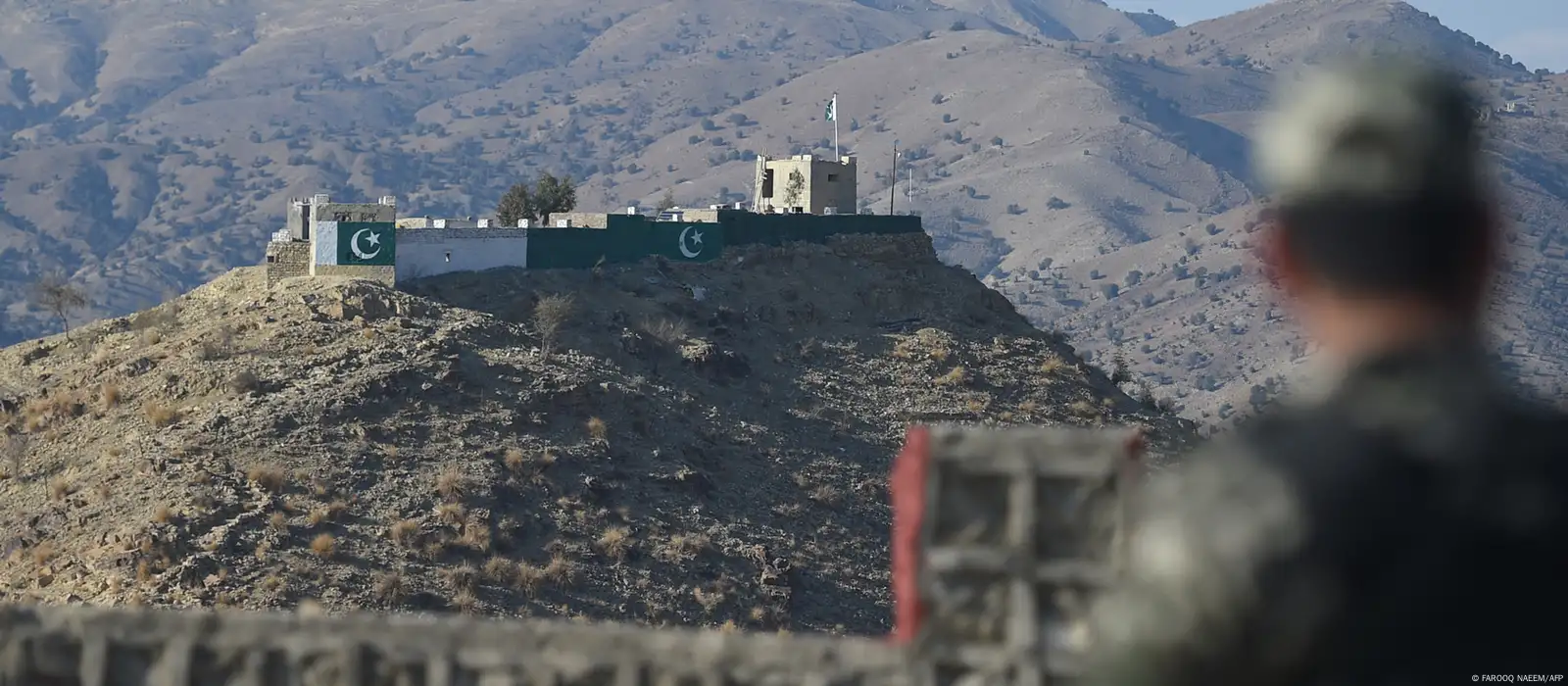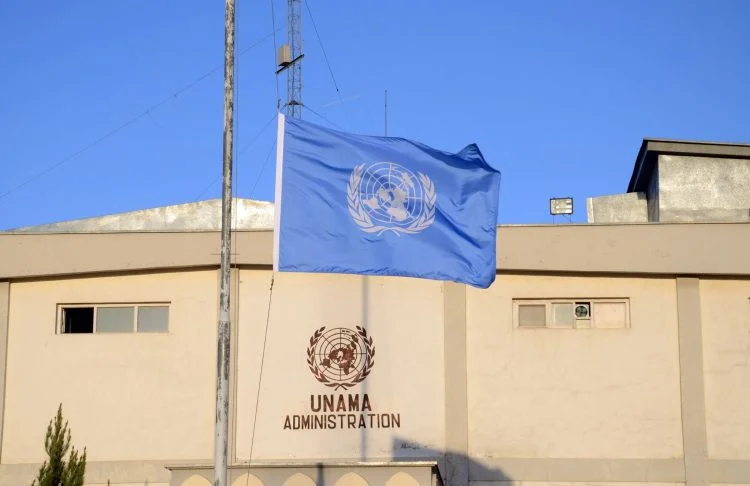Militants killed at least 10 Pakistani security personnel. They attacked the personnel’s outpost, as reported by AFP and Reuters news agencies on Friday.
The militants launched the attack near the northwest city of Dera Ismail Khan late on Thursday. Reuters reported that Ali Amin Khan Gandapur, chief minister of the northwestern province of Khyber Pakhtunkhwa, confirmed the attack.
Also See: Taliban attack Police HQ in Karachi Pakistan
Information about the attack
“The intense exchange of fire lasted for nearly an hour. Militants martyred 10 Pakistani Frontier Constabulary security personnel and wounded seven during the attack,” a senior intelligence officer told AFP on condition of anonymity.
Intelligence sources estimate that around 20 to 25 militants participated in the assault. This attack occurred about 70 kilometers (around 43 miles) east of the Afghan border.
Pakistani Taliban claim responsibility
The Pakistani Taliban, or Tehreek-e-Taliban Pakistan (TTP), claimed responsibility for the attack in a statement and said it was in retaliation for the killing of senior leader Ustad Qureshi.
Pakistan’s military reported that a military operation in the district of Bajaur killed Qureshi along with eight other militants.
There has been an increase in militant attacks in Pakistan since the Afghan Taliban seized power in 2021. The Pakistani group — which pledged allegiance to its Afghan counterpart but maintains its own command structures — has been carrying out attacks mostly targeting security forces.
The TTP historically has roots in Afghanistan and shares the same ideology as the Afghan Taliban.
Islamabad says the TTP uses Afghanistan as a base and believes the ruling Taliban administration has been sheltering the group near the border, something the Afghan Taliban has denied.
In September, Pakistan’s permanent representative to the United Nations, Munir Akram, warned the Security Council that the TTP could soon become the “spearhead of global terrorist goals,” allying itself with groups such as al-Qaeda.
This news is sourced from DW and is intended for informational purposes only.






